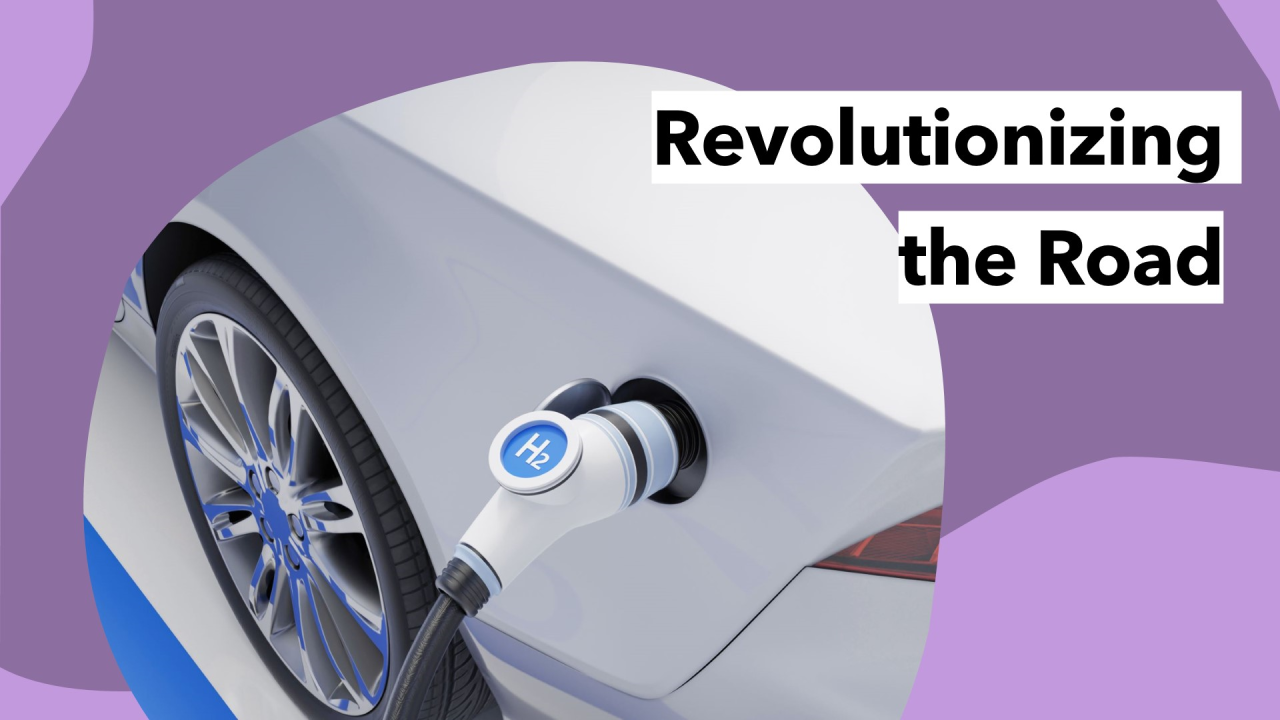As we navigate through the rapidly evolving landscape of electric vehicles (EVs), the traditional approach to car ownership is being challenged. The days of petrol and diesel dominance are dwindling, and the rise of electric cars brings forth a new era of automotive innovation.
Four years ago, I made the decision to purchase a brand new Porsche Taycan, taking advantage of the full capital allowance available to company owners. This financial strategy effectively provided me with two years of cost-free motoring. However, the experience has led me to a pivotal realization: the future of car ownership lies in leasing, not buying.
The automotive industry's valuation methods, which have been reliant on a century's worth of data from petrol and diesel cars, are no longer applicable to electric vehicles. The rapid advancements in EV technology, particularly in terms of range and affordability, have rendered these traditional calculations obsolete.
Consider the pace at which the range of electric cars is increasing. When I acquired my Porsche, a 250-mile range was considered the upper echelon. Today, we're looking at ranges between 350-500 miles. Coupled with the dramatic fall in the price of new electric cars, the market is becoming more accessible than ever before.
Manufacturers like Xiaomi, initially known for their smartphones, are now disrupting the automotive industry. With a production rate of one car every 74 seconds, achieved with minimal human intervention, they are able to offer vehicles with a 500-mile range at a fraction of the cost of traditional manufacturers.
Electric cars are essentially large computers on wheels. Unlike their petrol counterparts, EVs can receive performance enhancements through software updates, further extending their longevity and capabilities.
The control of essential resources like cobalt by Chinese manufacturers, who have been perfecting electric vehicles for over two decades, adds another layer of complexity for European and American carmakers.
By 2025, electric cars are projected to be more affordable than petrol and diesel vehicles. This trend is already evident, with new electric city cars available in the UK for as little as £15,000.
Innovative features like magnetic clamp points for attaching accessories, as seen in the new XIAMO SU7, are setting new standards for vehicle interoperability. The potential for easily swappable batteries could revolutionize the industry, promoting competition and sustainability.
So, what can Western car manufacturers do to stay competitive? They need to embrace automation, create ecosystems for their vehicles, and standardize batteries to facilitate easy swapping and recycling. The goal should be to offer consumers the flexibility to upgrade their cars as technology advances, rather than forcing them to purchase new models.
The next five years promise to be a period of significant disruption in the automotive industry. As for me, I've decided that leasing an electric car is the most sensible option moving forward, ensuring that I can always stay ahead of the curve with the latest technological advancements.

